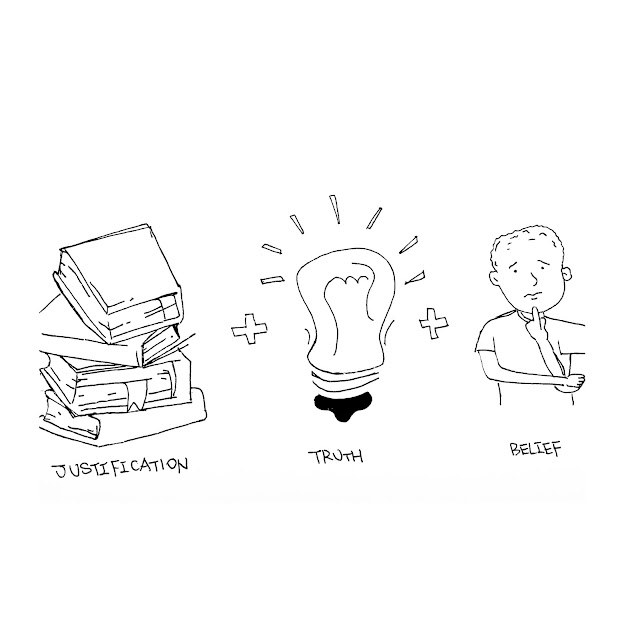The Lottery Paradox
The lottery paradox is as follows:
Given the intimate connection between epistemic justification and likelihood of truth, it seems plausible to take likelihood of truth, approximated in term of probability, as measure of degree of epistemic justification. Suppose the epistemic justification required for knowledge is somewhere less than absolute certainty. The justified belief only needs to have a reasonably high likelihood of truth, to be sufficiently probable, in order to be knowledge.
In a sufficiently large lottery pool, we can have a large number of propositions in the form of "ticket number N will lose". Each of these propositions, taken individually, is adequately justified to satisfy the requirement for knowledge.
Given that
1) if one has adequate justification for believing each of a set of propositions, one also has adequate justification for believing the conjunction of members of the set
2) if one has adequate justification for believing a proposition, one also has adequate justification for believing any further proposition entailed.
If we are adequately justified in believing that each of the propositions "ticket number N will lose", we are adequately justified in believing that "no ticket will win". This cannot be true.
BonJour thinks the rise of lottery paradox is due to that less-than-certainty justification threshold for knowledge. He abandons such weak conception of knowledge and instead embraces a strong conception of knowledge--epistemic justification required for knowledge requires certainty.
This position, however, is also problematic. It leads to the familiar skeptical implication. Many commonsensical cases of knowledge certainty do not fulfill the certainty requirement. Do I know I have hands? Yes. Am I absolutely sure I am not a brain-in-a-vat? Emm... no. Thus, under the strong conception of knowledge, we do not actually know a lot of things in our lives.



Comments
Post a Comment